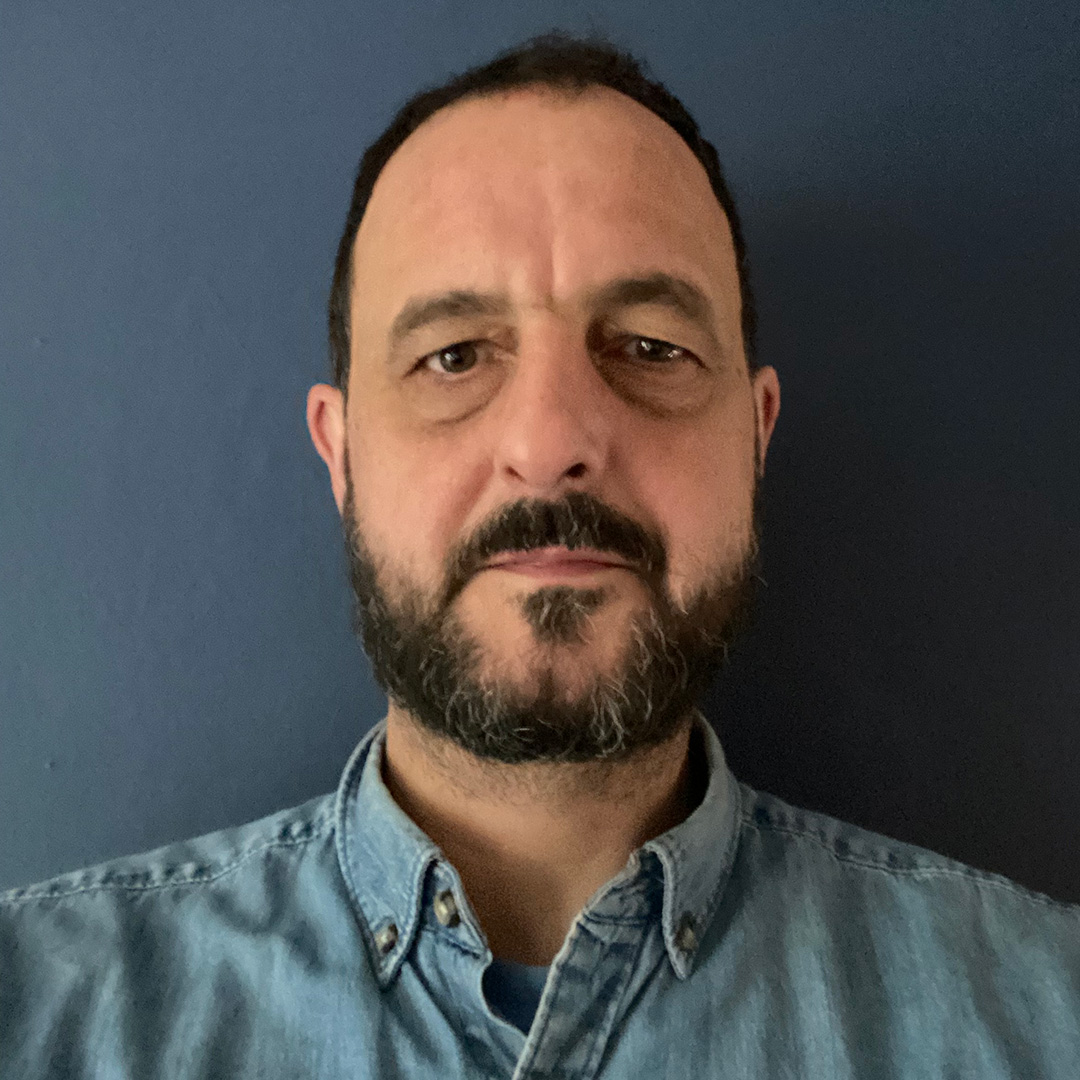In May 2022, Capitol Records artist Halsey claimed their label had refused to release their latest single until the band could deliver a viral TikTok video to aid promotion. Other artists, including Florence Welch and Ed Sheeran, made statements along similar lines, revealing the necessity of social media content and reach in the promotional cycle of new music releases.
For independents, the need to create ‘viral’, or even just regular content for platforms has become an accepted part of the job. A grind endured so that their musical output stands a remote chance of greasing algorithmic wheels and reaching audiences. Even then, only plays in the millions can begin to pay the rent.
Yet, not everything related to the current state of the internet is bad. It is worth remembering, for instance, how - broadly speaking - the internet era has afforded artists not only greater control over their creative output, but also the opportunity to reach niche and globally dispersed audiences. It nevertheless remains true, however, that the time and effort required to feed platforms with content takes musicians’ focus away from their core creative role. More broadly, as platforms contribute to further toxicity in our public discourse and democracies, we each of us continue to doom scroll. The initial egalitarian promise of the internet has slowly eroded over time yet - as both musicians and fans - we cannot leave.
It is amidst this souring atmosphere that the claims of emerging Web 3.0 vendors find fertile ground. There is, we are told, a better way. The internet can be reimagined. As a creative, as a fan, and as a member of society, your efforts and contributions to the communities you form can have a value beyond the post-IPO bottom line of behemoth platforms. It is a tantalizing prospect, and one we should explore. The alternative is simply more of the same.
How, then, can we begin to explore the possibilities for a better alternative? And how can this be done from the position we find ourselves in now? To begin that journey, here are two things to consider that may inform our approach.
We should first remember a time before the internet and digital technologies more broadly. These innovations have fundamentally reordered the process of production, distribution and consumption for popular music - and culture more generally - in largely positive ways. They have removed many barriers that existed in the geographically and physically constrained past, to such an extent that it is now possible to record, distribute, and promote music from the same device. Even if - as Halsey’s tale tells - new barriers have emerged in the place of old ones, we should not reject wholesale the good things from the present. Indeed, any future, positive incarnation of the web will likely be built upon the technologies, culture and practices of the present, not in spite of them.
The second thing we can learn from the past (and disappointing present), is that the bad press Web 3.0 has accrued is to be expected. New technologies have always brought with them chancers and charlatans, because new technologies produce short-term knowledge gaps the unscrupulous will exploit. Eventually, those gaps erode as the true use case of a technology emerges. The history of technology in popular music, from the phonograph onwards, largely follows this trajectory. Web 3.0 is no different.
What may make it different, in the historical sense, is if artists, fans, and communities this time engage in critical questions NOW - something we collectively failed to do with Web2.0. For every “Cryptobro'' scammer enticing your grandmother into his ponzi scheme, there is a team of developers working on a solution to a problem she likely cares about. The extent to which we are able to tell the difference between the two will likely decide the direction of the soul, ethics and culture of any emergent web.
We have to ask ourselves: what sort of internet do we want?
About The Author

Craig Hamilton
Until recently I was a Research Fellow in the Birmingham Centre for Media and Cultural Research at Birmingham City University. My research explored contemporary popular music reception practices and the role of digital, data and internet technologies on the business and cultural environments of music consumption. In the main this research was built around the development of The Harkive Project, an online, crowd-sourced method of generating data from music consumers about their everyday relationships with music and technology. I was also the co-Managing Editor of Riffs: Experimental Writing on Popular Music, a member of the PEC-funded Live Music Research team, and the Project Coordinator for the AHRC-funded Songwriting Studies Network. Outside of work, I continue to build on my 20+ years of working in the business of popular music, working as digital catalogue manager for Static Caravan Recordings and as a musician and recording artist with Independent Country. I live in Birmingham, England, with my wife and sons and two unruly dogs, and when not working I enjoy collecting records, following Aston Villa, coaching kids football, and developing skills related to data science.
Twitter:craigfots

